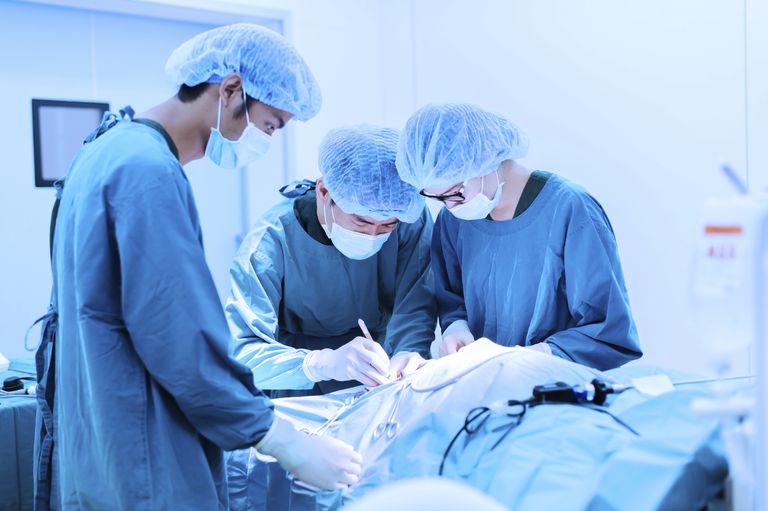What you need to know about Pleurodesis Procedure
Contents
- 1 What you need to know about Pleurodesis Procedure
- 2 What does the Procedure Involve?
- 3 How Long Should You Stay in the Country?
- 4 What’s the Recovery Time Like?
- 5 What Aftercare Should You Consider?
- 6 What is the Success Rate for Pleurodesis Procedure?
- 7 Are there Alternatives to Pleurodesis Procedure?
- 8 What Should You Expect Before and After the Procedure?
Pleurodesis is a procedure to adhere the lung to the chest wall. The procedure closes up the space between the outer lining of the lung and the chest wall to prevent air and fluid from building up around the lungs. It is performed on people who are experiencing pleural effusion (a buildup of fluid around the lungs) or have had a pneumothorax (a recurring collapsed lung).
What does the Procedure Involve?
During pleurodesis, your doctor will give you anesthetic to numb the affected area and sedation to help you relax. There are two different ways to do the procedure, surgical and chemical. With surgical pleurodesis, your doctor makes an incision in your chest wall and inserts a plastic tube into the chest cavity. Then, an irritating chemical is sprayed around your lungs. The lining of the lung (pleura) will adhere tightly to the chest wall and prevent fluid from collecting around your lung. The incision will be closed with stitches. With chemical pleurodesis, your doctor injects medication into your chest.
For an in-depth analysis of a Pleurodesis Procedure, watch this short video.
How Long Should You Stay in the Country?
The length of your hospital stay may vary from two days to ten days, depending on what condition caused you to undergo pleurodesis. Plan to stay in the local area for at least 14 days for the initial recovery and for follow-up check-ups.
What’s the Recovery Time Like?
The recovery period depends on your condition and which method you underwent. In general, you should be able to get back to work within 4 weeks following the procedure.
What Aftercare Should You Consider?
Your doctor will give you follow-up instructions regarding dietary restrictions, exercises, and wound care. You should avoid baths, hot tubs, and pools until your incision has completely healed. You should also avoid holding or straining your breath.
What is the Success Rate for Pleurodesis Procedure?
The success rate of pleurodesis in people with pleural effusion not caused by cancer is around 75% to 80%. The side effects and risks you need to be aware of include fever, shortness of breath, pain, a collection of pus in the pleural space, and infection.
Are there Alternatives to Pleurodesis Procedure?
The alternative to pleurodesis is pleural catheter placement, which allows you to have a smaller tube than a chest tube. Discuss with your doctor the pros and cons of a catheter as well as pleurodesis for your condition.
What Should You Expect Before and After the Procedure?
If you have pneumothorax or pleural effusion, your lung function will be greatly improved after pleurodesis.
To check prices or to book a Pleurodesis Procedure in Thailand or anywhere else in the world, head on over to MyMediTravel now!

